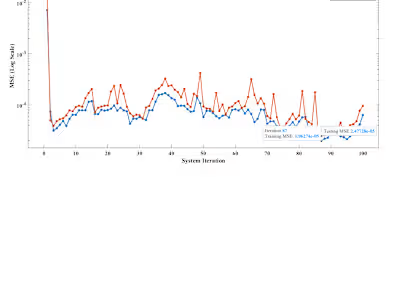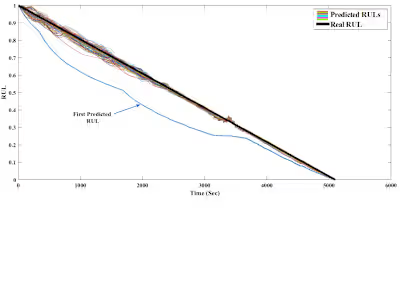Data-Driven Digital Twin Based on Multi-Target Regression
The process of well construction is intricate and involves making real-time decisions at each step. However, delayed data streams can hinder these decisions, leading to inefficiencies in operations and posing environmental and safety risks. While monitoring tools exist for drilling oil and gas wells, there is a lack of tools specifically designed to address the delay in data streams during drilling operations. This research paper proposes a data-driven digital twin solution to mitigate the temporal lag affecting drillers’ decision-making. The proposed approach utilizes a multi-target regression model combining LSTM and MLP branches in a single neural network to forecast and predict important drilling parameters such as inclination and rate of penetration. An incremental learning framework is implemented to simulate the drilling process, where drilling data is continuously received, and the regression models are updated concurrently. A case study is presented to demonstrate the effectiveness of the digital twin solution in predicting inclination and rate of penetration ahead of the MWD system in a real directional drilling operation. The results highlight the advantages of the proposed approach, with accurate predictions achieved after only 140 meters of acquired data. The forecasting accuracy for inclination is improved by 50%, and for the rate of penetration, it is improved by approximately 60%.
Like this project
Posted Oct 4, 2024
While monitoring tools exist for drilling oil and gas wells, there is a lack of tools specifically designed to address the delay in data streams during drilling
Likes
0
Views
6
Clients

University of Debrecen






